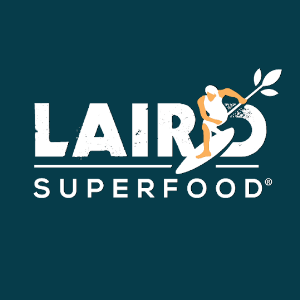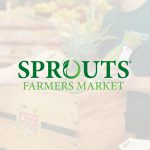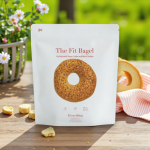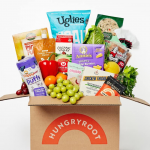Laird Superfood: Q1 Earnings Marks Return to ‘Growth Story’
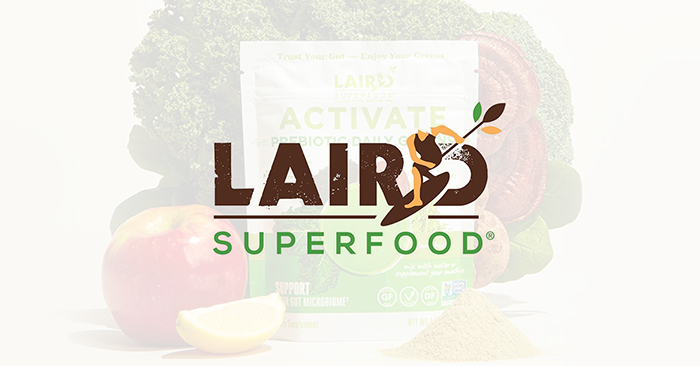
Don’t call it a turnaround – at least that was the attitude of Laird Superfood CEO Jason Vieth during the nutrition brand’s Q1 2024 earnings call yesterday, declaring that the “turnaround story has officially become a growth story once again.”
- Laird reported net sales of 9.9% in Q1, up from $9.2 million in Q4 2023 and $8.1 million in the year-ago period.
- Wholesale sales were up 10% year-over-year, contributing to 41% of total net sales, with strength in the club channel, velocity improvements and expanded grocery distribution all cited as drivers.
- Ecommerce sales grew 33% year-over-year, contributing to 59% of total net sales, despite a planned decrease in marketing spend on digital ads. Amazon alone grew 48% in the period while D2C was up 25%, with about half of D2C sales coming from subscriptions.
- Gross margin was 40%, compared to 40.4% in Q4 2023 and 23.1% in Q1 2023.
- Net loss in the quarter was $1 million, improved from a net loss of $4.1 million in Q1 2023.
Laird had frequently struggled to maintain growth and reign in losses since going public in 2020, but the company’s years-long turnaround strategy now appears to be paying off. For comparison, in Q4 2022, quarterly losses had grown 126% to over $15.6 million and in Q2 2023 the comeback was still marked by an “unsteady progression” with around $3.5 million in quarterly losses.
In an earnings call yesterday with analysts and investors, Vieth highlighted Laird’s strong gains across brick-and-mortar and retail channels, noting that its coffee and instant latte products led growth in retail while its Greens SKUs have led growth for its Hydration line. Efforts to shut down unauthorized resellers of products online were a boon to ecommerce, as the company more than doubled its anticipated growth rate on Amazon for the quarter.
The company also reduced marketing expenses to just over 20% of net sales – a “dramatic decrease from prior years,” according to Vieth. Laird now intends to continue lowering marketing spend in the coming months, with a goal of bringing the number to the “low teens and eventually into the high-single-digits.”
“I think it’s time to change the storyline on Laird Superfood from a turnaround project to a growth story, one in which we are growing our consumer base across our various sales channels and preparing ourselves for the next chapter of expansion,” Vieth said.
As well, Vieth said Laird products continue to perform well in the natural channel and is “expanding rapidly”
During the call’s Q&A portion, Vieth addressed the rise of GLP-1 weight loss drugs like Ozempic, stating he doesn’t believe the trend will negatively impact Laird Superfood’s business, suggesting that Laird’s core consumers are more interested in “food as medicine” rather than pharmaceutical solutions to nutrition.
“We watch what’s going on, we’re interested in it, but frankly we’re very detached from it with regards to our own food and portfolio because the consumers that are interested in Laird Superfood and our direct competitors are really coming at it from a different direction,” he said.
Vieth added that awareness of natural nutrition and “food as medicine” lifestyles is continuing to spread, citing top influencers as helping consumers become more interested in better-for-you and healthy products that Laird will look to capitalize on.
“You see a number of podcasters such as Joe Rogan and neuroscientists and dieticians and others that are really getting vocal about these issues,” he said. “And I think we’re just at the beginning of a revolution in this space.”

